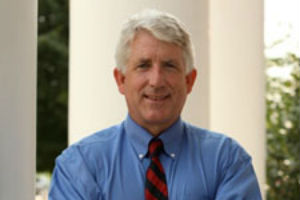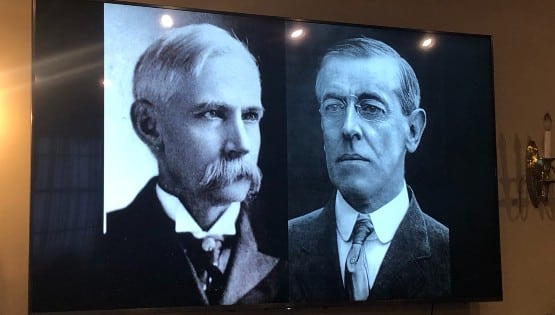
“As Attorney General, it is my job to protect consumers and that includes making sure that banks do not have the ability to hit their customers with hidden fees,” said Herring. “Before this rule went into effect banks were able to enroll someone into an overdraft fee program without that person’s consent, allowing them to make even more money on an overdraft transaction. I hope the CFPB will make the right decision and keep this overdraft rule in place so Virginians can make their own banking decisions.”
The Overdraft Rule — which went into effect in 2010 — recognized that many consumers received overdraft services by default, but were never given clear information about their options and the fees their financial institutions charge. In fact, some studies released by the CFPB have shown that median fees can cost as much as 68% of median overdrafted transactions. For example, when the median overdrafted transaction was $50, the median fees charged were $34.
The CFPB’s data shows that only about 16-percent of consumers have chosen to affirmatively opt into overdraft services under the Overdraft Rule, which has benefitted millions of Americans and led to a significant reduction in the total number and amount of overdraft fees.
In their letter, Herring and his colleagues specifically emphasized that there is no basis to believe that the Overdraft Rule would place any additional economic burden or cost on small financial institutions, and that compliance has both been straightforward and used a model form designed for simplicity and cost-savings. In contrast, the CFPB has not published any data or research to demonstrate any economic burden as a result of the Overdraft Rule.
Joining Attorney General Herring in submitting comments to the CFPB were the Attorneys General of New York, California, Colorado, Delaware, the District of Columbia, Hawaii, Illinois, Iowa, Kentucky, Maine, Maryland, Massachusetts, Michigan, Minnesota, Mississippi, Nevada, New Jersey, New Mexico, North Carolina, Oregon, Pennsylvania, Rhode Island, Vermont, and Washington, as well as the Executive Director of the Hawaii Office of Consumer Protection.










